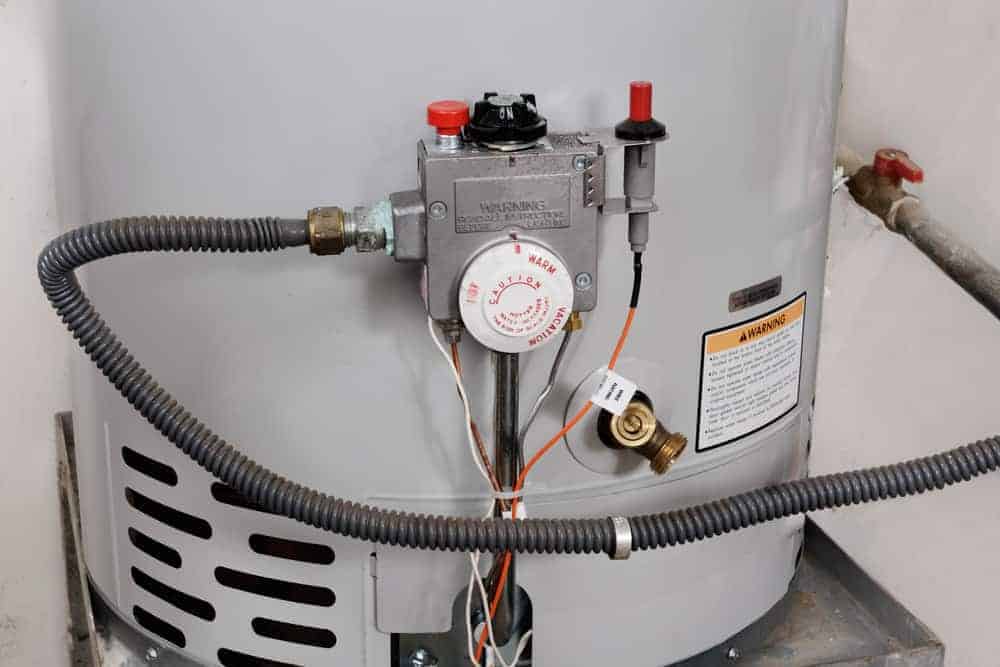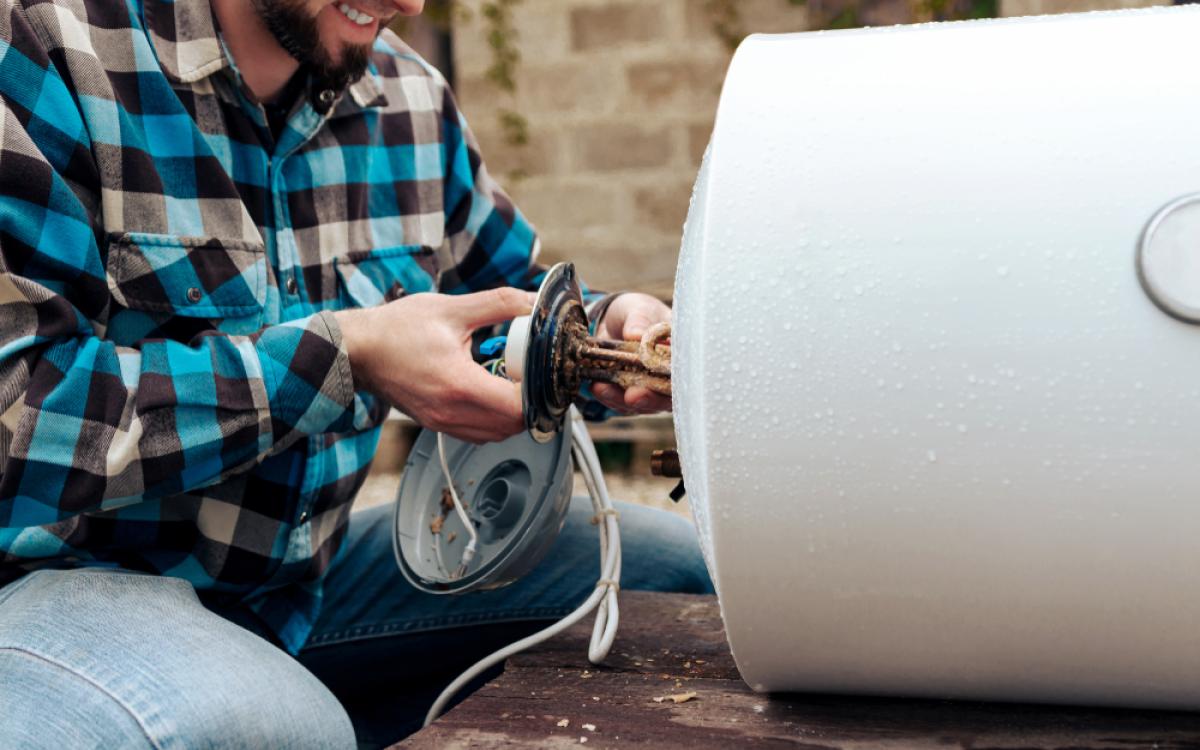Crucial Recommendations for Residential Property Owners Dealing with Faulty Hot Water Systems
Crucial Recommendations for Residential Property Owners Dealing with Faulty Hot Water Systems
Blog Article
We have discovered this post pertaining to Broken Water Heaters down the page on the net and figured it made perfect sense to write about it with you over here.

Whether it is located in the basement or a different space, broken water heaters can cause tension. Having no warm water supply is also bothersome.
Call the Plumber
After doing the initial two security steps, you should call your plumber to come right away to repair a ruptured water heater. There are generally indicators that your aging water heating unit has sediment build-up in the inside.
Instead, as quickly as you find these signs, have an expert come to inspect your water heating system container. Generally, water heating units have a life expectancy of regarding 8 to 12 years.
Cut Off the Cold Water Supply
Cut off the tanks tap water supply from the resource. When your storage tank is in excellent condition, the cool water stops loading up when the storage tank is complete. If you can not locate it or reach it, you must turn off that major water supply line outside your residential or commercial property.
Shut Off Power Source
Before calling the plumber, shut off a gas water heating system by turning the temperature dial. This will prevent electrocution, especially if there is a leak as water is a conductor. Usually, the home heating component closes off when the water hits a particular temperature level.
Tidy up Building
After calling the plumber, document damage by remembering as well as images so you can claim your property owner's insurance coverage. From there, begin the prompt cleaning. Get any kind of essential belongings to stop additional soaking. Remove any standing water to stop mold as well as mildew development. Make use of that to drain the water if you have a submersible water pump. Or else, the conventional bucket method will certainly additionally function. Try to mop out every little thing, including wall surfaces and walls. If you have an electrical fan and dehumidifier, maintain them running to keep air flowing. This will aid prevent mold development.
Bear in mind, if you notice any type of issues with your water heater, call the pros today. You can not take this trouble gently since a malfunctioning thermostat can increase water temperature to a hazardously high level, leading to unexpected burns. A damaged heating unit stress safety valve can likewise create an explosion. For finest outcomes, get a yearly check so your unit gets inspected, cleaned up, drained pipes, and replenished, guaranteeing optimal performance.
After doing the initial 2 safety and security steps, you should call your plumber to come right away to repair a ruptured water heating unit. Rather, as quickly as you find these indicators, have an expert come to inspect your water heater storage tank. Prior to calling the plumber, shut off a gas water heating system by turning the temperature dial. If you have a submersible water pump, make use of that to drain pipes the water. Bear in mind, if you observe any type of problems with your water heating unit, call the pros right away.
Is My Water Heater Broken?
The Water Heater is Old
No appliance will last forever. This includes a home’s water heater. During its lifespan, residents are going to face a situation where a new water heater installation will be necessary. The biggest problem with this is that most people are not sure when their water heater expires. Not knowing this can lead to serious risks if the unit begins to act up due to old age.
Most makes and models of water heaters will last between eight and 10 years. While 10 years is the age when water heater replacement is highly recommended, the need to replace the unit may occur before this time or after. If the unit doesn’t show any symptoms of a problem, it is a good idea to replace it at the 10-year mark (from the manufacture date).
Some of the symptoms that indicate a new unit is needed include rusting, leaks, noises, and a failure to heat up the water. Also, note that not all units have a 10-year life expectancy. The main exception to this rule is that a gas unit will last for six to eight years.
Rusty Heater Inlet Valve or Water
While steel is the strongest material on earth, it does have a weakness – rust. If corrosion occurs on a steel surface, it will begin to spread and eat through the steel in certain areas. On water tanks and pipes that are made of steel, rust is a warning sign of an impending leak.
The issue for many is trying to figure out if the rust is coming from the water heater or the pipes that lead to the faucet. If rust is seen, it is a clear indication that water heater service from the professionals is needed.
If rusty water appears out of the faucets in the bathtub or sink, it likely means a rusty water heater. If there is rust near the water inlet or the pressure relief valve, rust has likely developed inside the tank. If tap water appears rusty, it may be an issue with the pipes.
Strange Sounds from the Water Heater
Are there strange sounds coming from the tank? As a water heater gets older, rumbling noises may develop and get louder and louder as the water in the tank heats up. In homes where large amounts of hot water are used, the issue is likely going to be even more obvious when more serious issues arise. If there is a strange or loud noise coming from the unit, it is probably because of sediment buildup. A good way to remedy this problem is by flushing the heater. If this does not work, then a new unit may need to be installed.
Leaks
As a water heater gets closer to the end of its useful life, there is a higher chance there will be water around the tank. If there is water, this usually means leaks are occurring. Based on where the unit is located in the home, a leak may result in serious property damage.
Leaks are usually caused by expansions in the metal tank. The expansions occur as time passes and as the inside body of the tank is exposed to multiple heating cycles per day. When a fracture forms, the gap will be slight enough to hold the water in; however, in more serious situations, this will not be the case. If the tank is idle, the water will not leak but when the metal expands during each heating system, small amounts of water will get through the gap.

As a keen reader on Broken Water Heaters, I figured sharing that excerpt was a great idea. Loved our piece? Please share it. Help another person find it. I recognize the value of reading our article about Water Heater Repair.
Plumbing challenges? Professional solutions await. Report this page